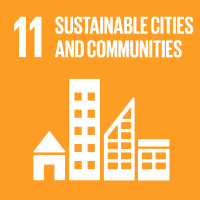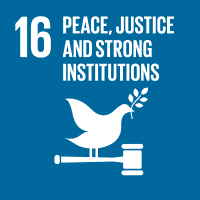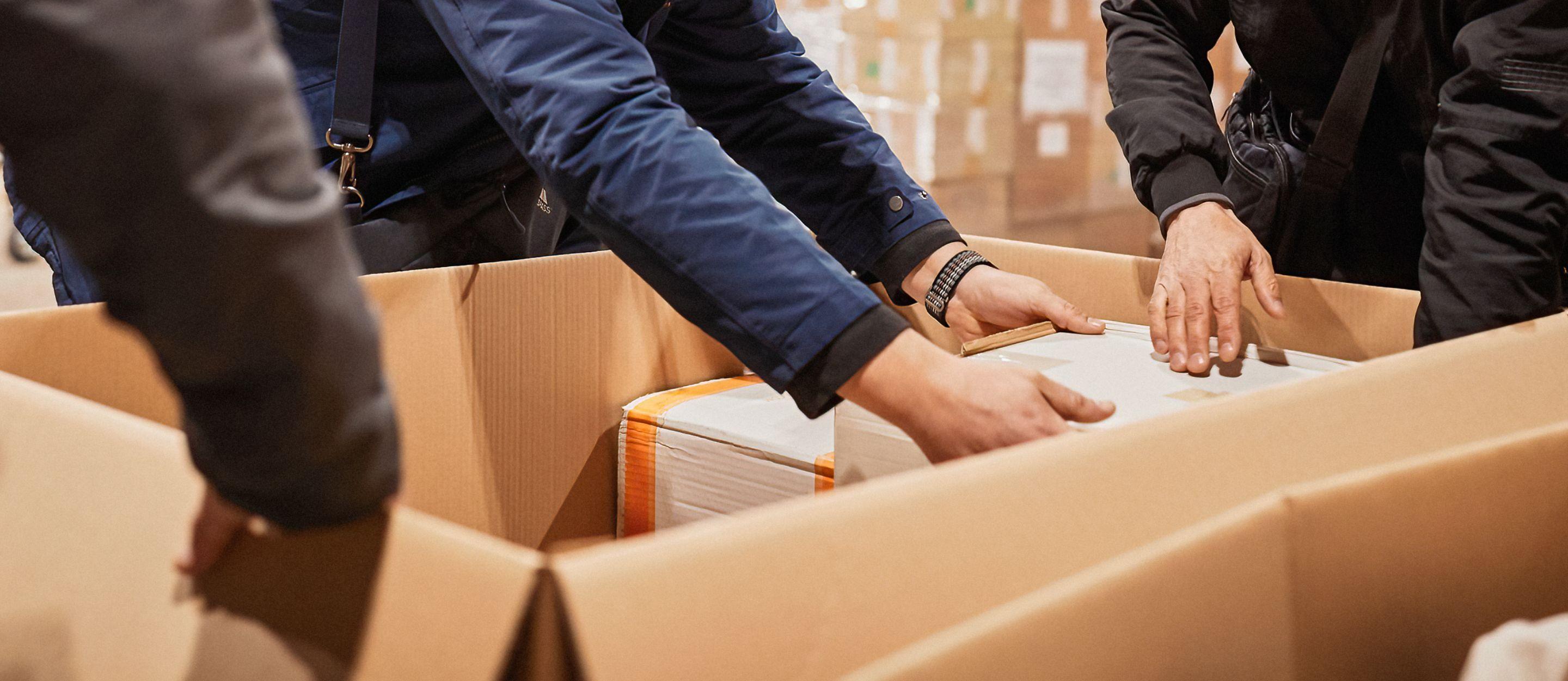 Jonas Ratermann
Jonas Ratermann
‘We provide direct and unbureaucratic support’
German cities, districts and local authorities are supporting their Ukrainian partner municipalities with civil protection and reconstruction. GIZ project manager Maria König explains how this works.
Ms König, what is the idea behind the municipal initiative for Ukraine?
We support partnerships between German and Ukrainian cities, districts and local authorities. The idea is to provide German municipalities with materials and equipment in a way that is as unbureaucratic and uncomplicated as possible, which they can then pass on to their Ukrainian partners. GIZ carries out this work on behalf of the German Federal Ministry for Economic Cooperation and Development (BMZ). Our project partners are the German municipalities.
How is the support provided exactly?
Every year since the initiative began in August 2022, we have launched an award procedure, which is open to German municipalities. Together with their Ukrainian partners, they determine what the partners in Ukraine need. Based on this, we prepare a catalogue of support packages. The initiative started with around 30 municipalities. It has since benefited more than 100 partnerships, from a total of 200 German-Ukrainian intermunicipal relationships. The project’s patrons are German President Steinmeier and President Zelensky of Ukraine.
What do these support packages comprise?
Many of the partnerships exist with municipalities in western Ukraine, which are less affected by attacks but take in large numbers of internally displaced people. In the first two years, the focus was on generators to supply electricity, and municipal road and park maintenance vehicles such as vans, ambulances and refuse collection vehicles. Another major aspect is support for children and young people. Play areas have been fitted out and teaching tools and resources have been provided, such as furniture and smartboards for classrooms, and tablets so that children can continue learning at home or in bunkers if attacks occur. Requirements are also growing in the field of care and rehabilitation for those with disabilities, for example minibuses with ramps, wheelchairs, profiling beds and training equipment.
How are the materials and equipment transported?
Local authorities in Germany often work with civil society, private initiatives and foundations. The advantage of this is that they can access existing knowledge about bureaucracy and logistics. Some mayors drive to Ukraine themselves, and sometimes the Ukrainian partners visit Germany, for example as part of the German-Ukrainian Municipal Partnership Conference 2023. Here they can take a breather before returning to Ukraine with renewed energy.
What other support do you provide to the municipalities?
We offer the representatives of the municipalities and districts a space to exchange and discuss ideas – informally and without bureaucracy. A decentralised network thus develops. For example, there are WhatsApp groups, and we have a regular meeting every two weeks. We also establish links with other German development initiatives in Ukraine and other types of municipal support through the Service Agency Communities in One World (SKEW).
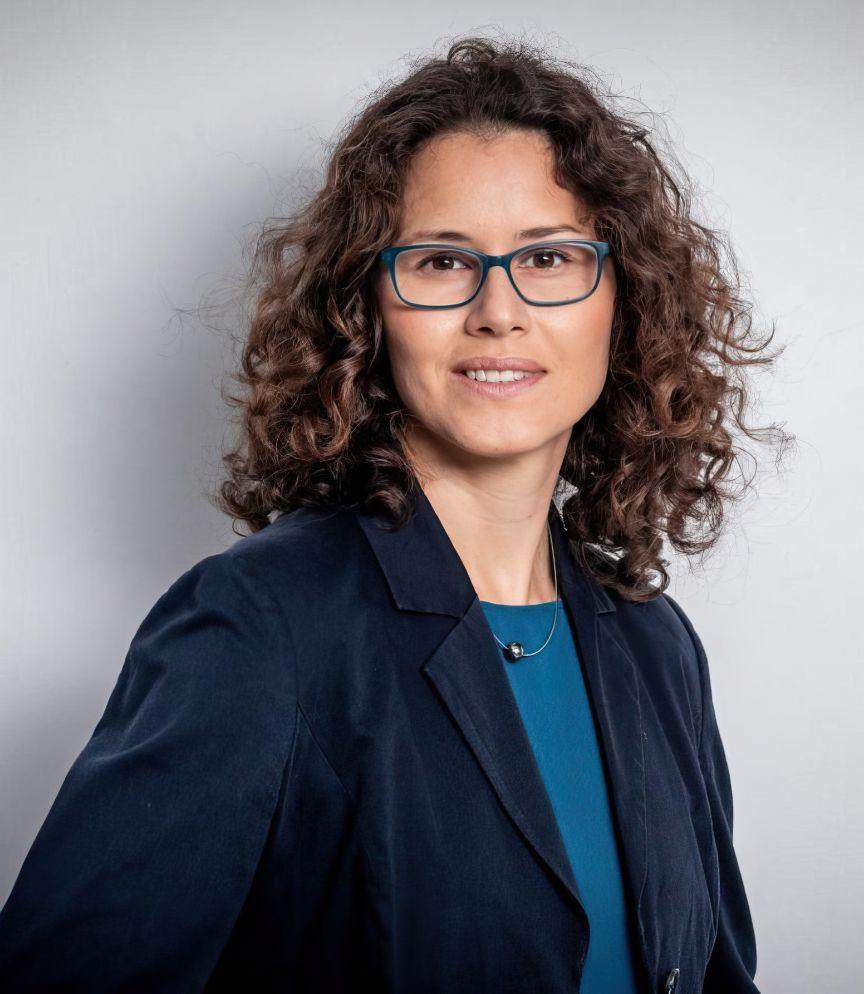 privat
privat
Maria König
maria.koenig@giz.de
What is the advantage of decentralised support?
We believe that connecting at a decentralised level is the most effective way of identifying the requirements of the municipalities – support is received right where it is needed. In addition, bundling procurement allows us to work efficiently.
What are the future plans for the initiative?
In the future, we would like to support people by providing training, so that they can use the materials and equipment in the most effective and sustainable manner, for example lorry driver’s licences for women and nursing care training. Another idea is to implement this form of direct support as a global mechanism. Following the major earthquakes in Syria and Turkey in 2023, German municipalities that wanted to help contacted us directly. Municipal partnerships exist all over the world. How can we find straightforward ways of activating and utilising them in other crisis situations?
What has made the biggest impression on you in recent years?
Just how many wonderful, committed people are out there – often volunteers – working to ensure that support arrives. The fact that small municipalities take on these efforts, in addition to everything else they’re already doing, is really admirable. That in turn boosts motivation and morale in Ukraine, because the people there see that there is support for them across German society. This creates an important foundation for reconstruction in Ukraine, which will require long-term support, including from the private sector and civil society. The many different relationships at municipal level will hopefully be an important component of that.
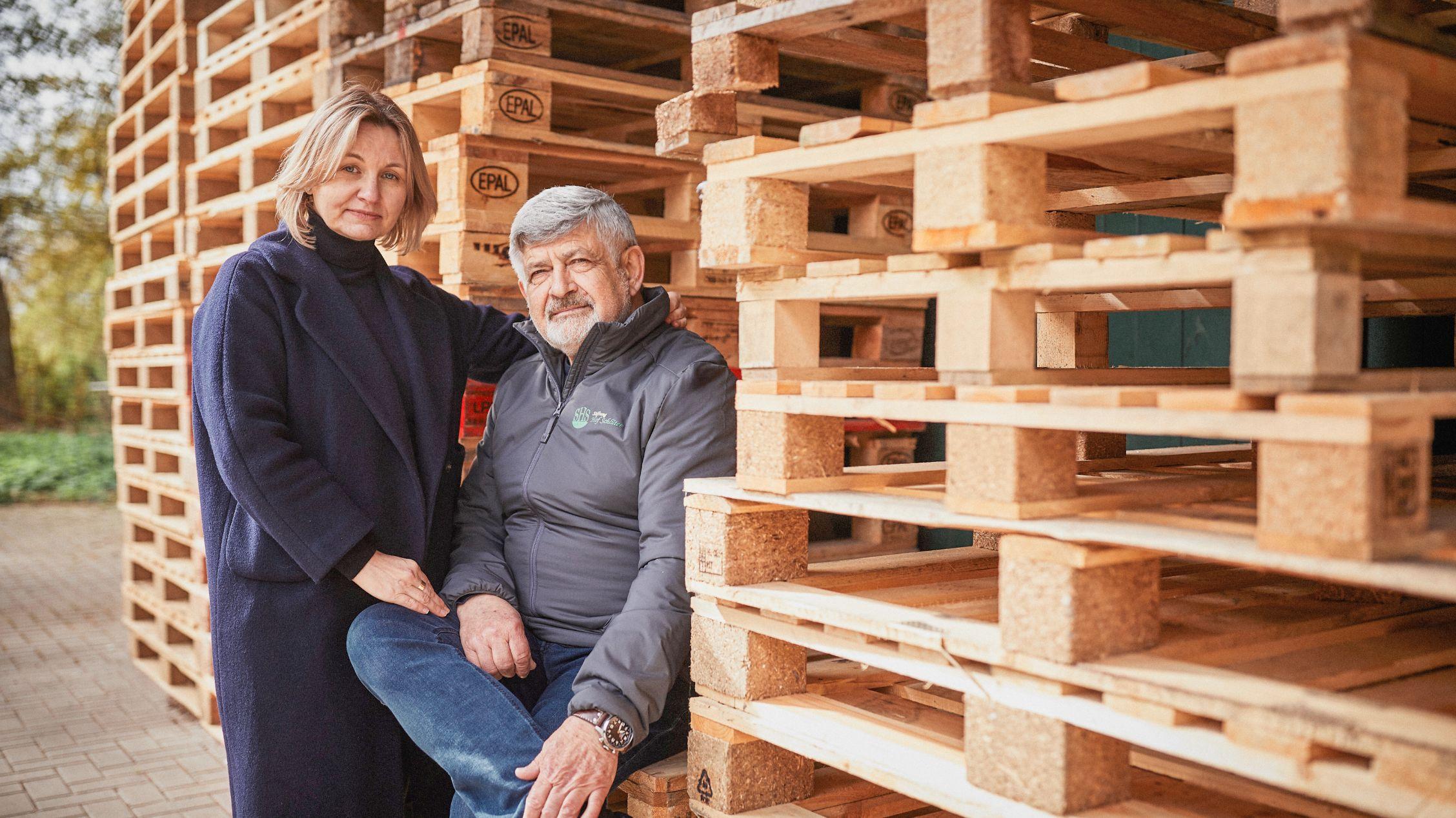 Jonas Ratermann
Jonas Ratermann
A strong connection: German-Ukrainian city partnership
How a city partnership is providing rapid support to Ukraine thanks to the decades-long work of a non-profit foundation. A visit to northern Germany. more
